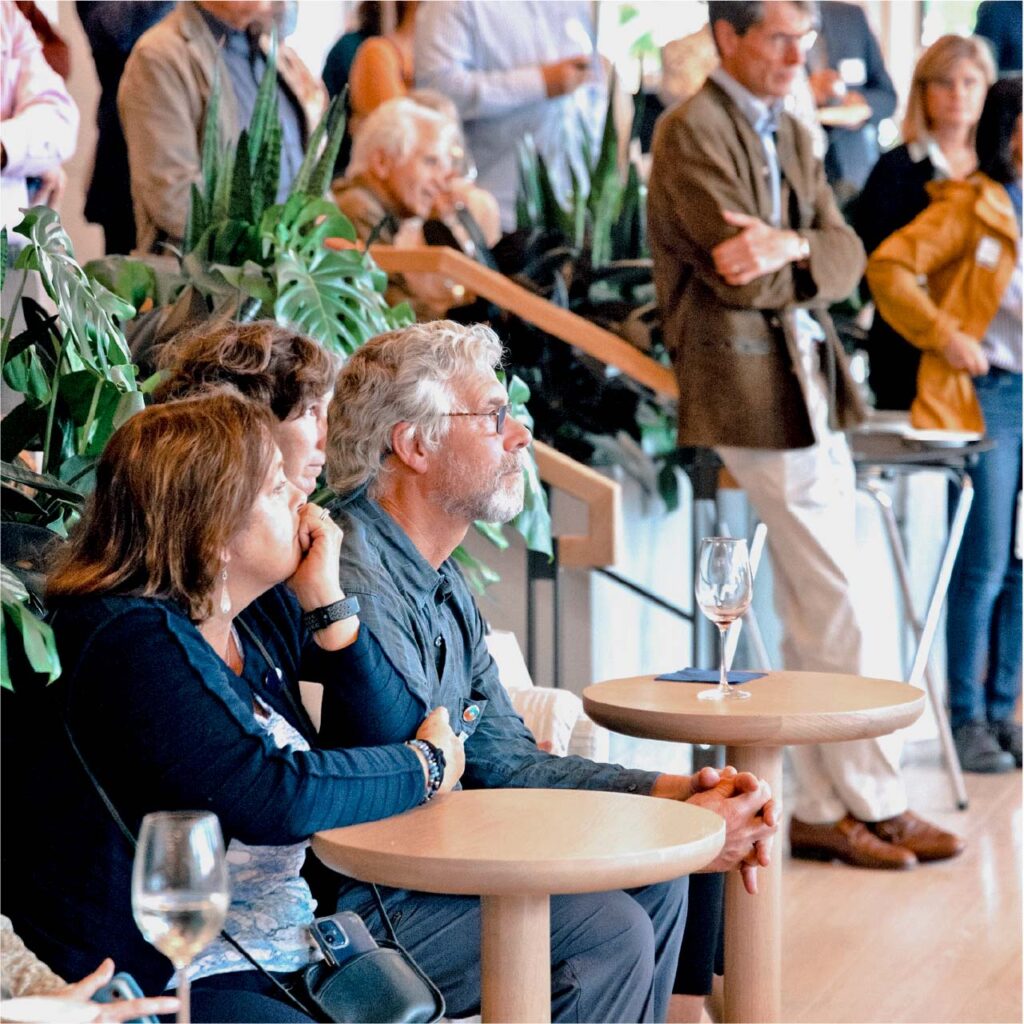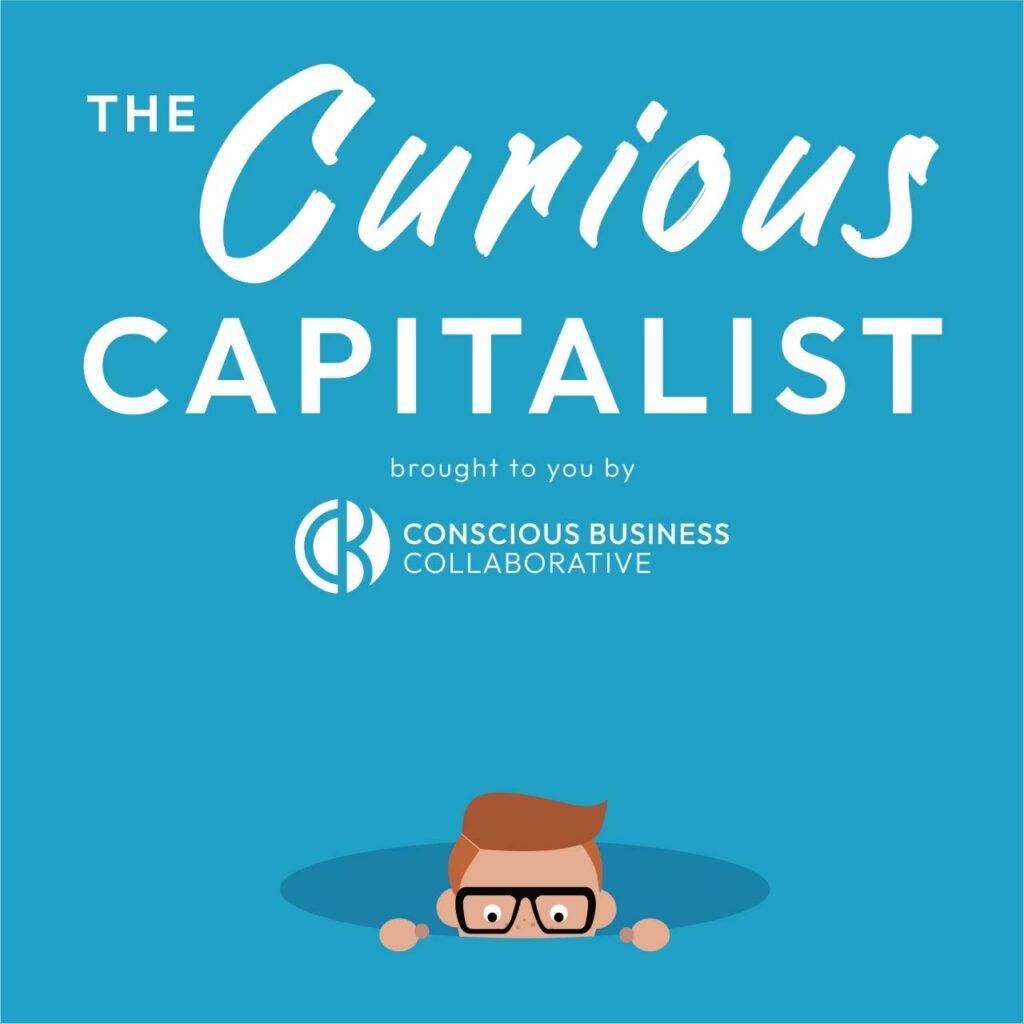
Leading Beyond Traditional Capitalism

Conscious Business in Action
Our purpose is to engage, educate, and inspire business leaders at all stages in their careers to think and work more collaboratively and sustainably.






Conscious Business in Action
Our purpose is to engage, educate, and inspire business leaders at all stages in their careers to think and work more collaboratively and sustainably.




